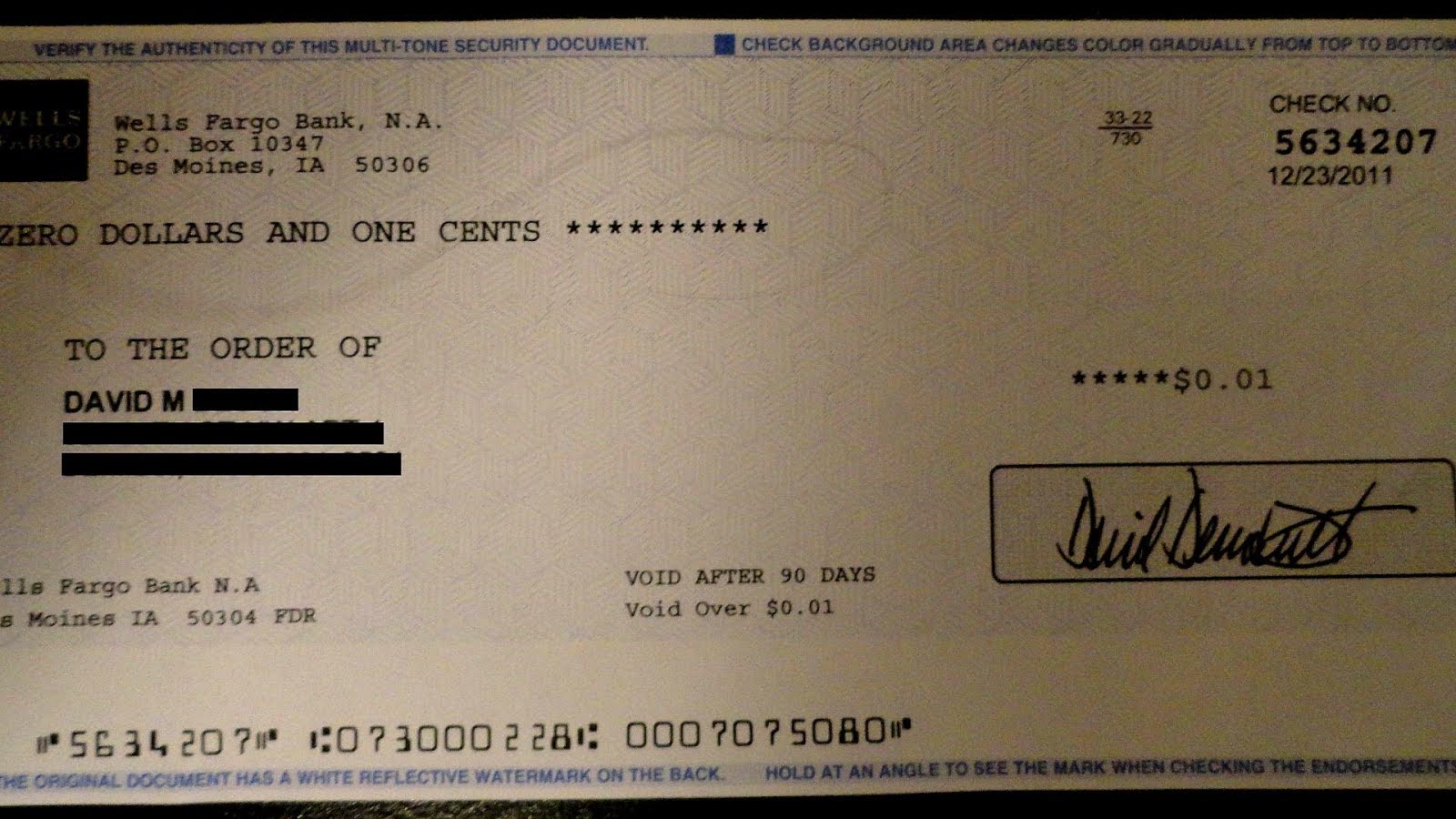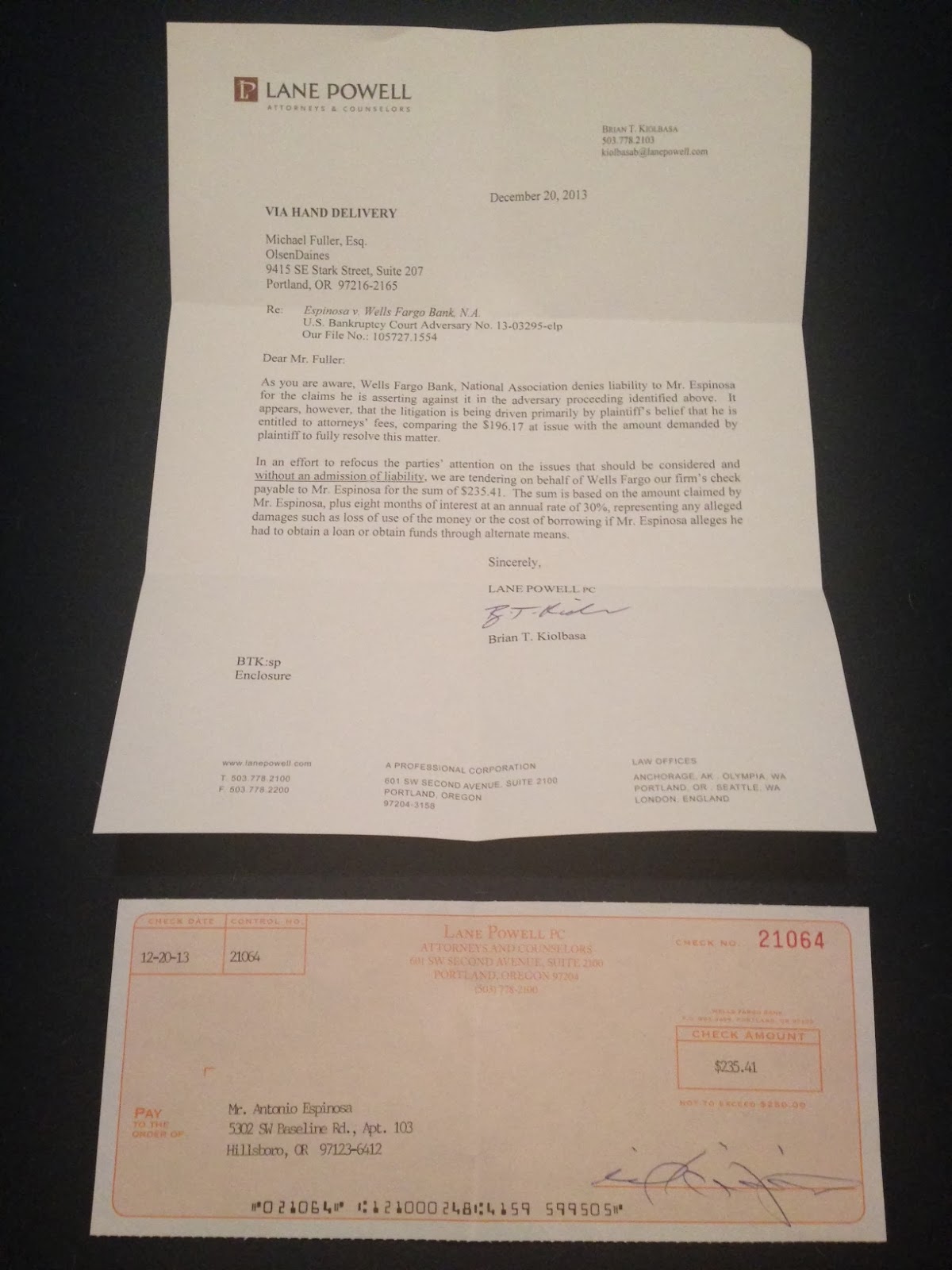Navigating the World of Blank Check Companies: A Comprehensive Guide
The financial world is abuzz with talk of "blank check" companies, also known as Special Purpose Acquisition Companies (SPACs). These unique entities are changing the landscape of how businesses go public, attracting both eager investors and skeptical onlookers. But what exactly are blank check companies, and how do they work?
In essence, a blank check company is a shell corporation formed with the sole purpose of raising capital through an initial public offering (IPO) to acquire a private company. Think of it as a company going public with a blank slate, hence the name "blank check." The funds raised in the IPO are held in a trust account until a suitable acquisition target is identified.
This process presents a faster and potentially less expensive route to going public for private companies compared to traditional IPOs. Instead of navigating the complexities and lengthy timelines of a traditional IPO, a private company can merge with a SPAC and gain access to public markets more efficiently. This streamlined approach has fueled the surge in SPAC popularity in recent years.
However, investing in a blank check company comes with its own set of risks. Since the acquisition target is unknown at the time of investment, investors are essentially placing their trust in the SPAC's management team to identify and acquire a promising business. This element of uncertainty requires careful consideration and due diligence on the part of potential investors.
This comprehensive guide delves into the intricacies of blank check companies, providing you with the knowledge to navigate this evolving investment landscape. We'll explore the mechanics of SPACs, their potential benefits and risks, and essential factors to consider before investing in these unique entities.
Advantages and Disadvantages of Blank Check Companies
| Advantages | Disadvantages |
|---|---|
| Faster route to going public for private companies | High risk due to the unknown acquisition target |
| Potentially less expensive than traditional IPOs | Potential for conflicts of interest between SPAC management and investors |
| Access to capital for companies that may not qualify for traditional IPOs | Limited historical data to assess performance |
Best Practices for Investing in Blank Check Companies
1. Thoroughly Research the SPAC Management Team: The experience and track record of the SPAC's management team are crucial. Look for teams with a proven history of successful acquisitions and value creation.
2. Understand the SPAC's Investment Focus: SPACs often focus on specific industries or sectors. Align your investment with your own investment thesis and knowledge of particular markets.
3. Scrutinize the SPAC's Structure and Terms: Pay close attention to the SPAC's fees, redemption rights, and any potential conflicts of interest outlined in its prospectus.
4. Don't Overlook Traditional Due Diligence: Even though the acquisition target is unknown, research the SPAC's financials, management team backgrounds, and overall strategy.
5. Consider the Investment Time Horizon: Investing in a SPAC typically involves a longer time horizon as you await the acquisition and subsequent performance of the merged entity.
Common Questions About Blank Check Companies
1. How do I find blank check companies to invest in?
Financial websites, brokerage platforms, and dedicated SPAC databases provide information on upcoming and active SPAC IPOs.
2. What happens if the SPAC doesn't acquire a company?
SPACs typically have a set timeframe (usually 18-24 months) to complete an acquisition. If unsuccessful, the SPAC is usually liquidated, and investors receive their initial investment back, minus expenses.
3. Can I sell my shares in a SPAC before an acquisition is announced?
Yes, SPAC shares trade on stock exchanges like regular stocks. You can buy or sell shares before or after an acquisition is announced, but remember that the share price can fluctuate significantly.
4. Are SPACs riskier than traditional IPOs?
SPACs are generally considered riskier due to the uncertainty surrounding the acquisition target and the potential for conflicts of interest.
5. What is a PIPE deal in the context of SPACs?
PIPE stands for Private Investment in Public Equity. SPACs often raise additional capital through PIPE deals alongside or after announcing an acquisition target.
6. What are the tax implications of investing in SPACs?
Tax implications can vary depending on individual circumstances and jurisdiction. Consult with a tax advisor for personalized advice.
7. What is a de-SPAC transaction?
De-SPAC refers to the process of the SPAC merging with the target company and the combined entity becoming a publicly traded company.
8. Where can I learn more about SPAC regulations?
The Securities and Exchange Commission (SEC) website provides information on SPAC regulations and investor bulletins.
Conclusion
Blank check companies offer a fascinating and rapidly evolving avenue for both companies seeking to go public and investors looking for potential opportunities. While they present a potentially faster and more efficient path to the public markets, it's crucial to approach SPAC investments with a cautious and informed perspective. Thoroughly understanding the mechanics of SPACs, conducting due diligence on the management team, and aligning investments with your risk tolerance and investment goals are paramount. The world of blank check companies is complex, and continuous learning and careful consideration are essential for navigating this dynamic landscape.
Unlocking victory deciphering the optimal fantasy football draft order
Unlocking font size secrets what is pt and why does it matter
Maximize your miles ram 1500 towing fuel efficiency














